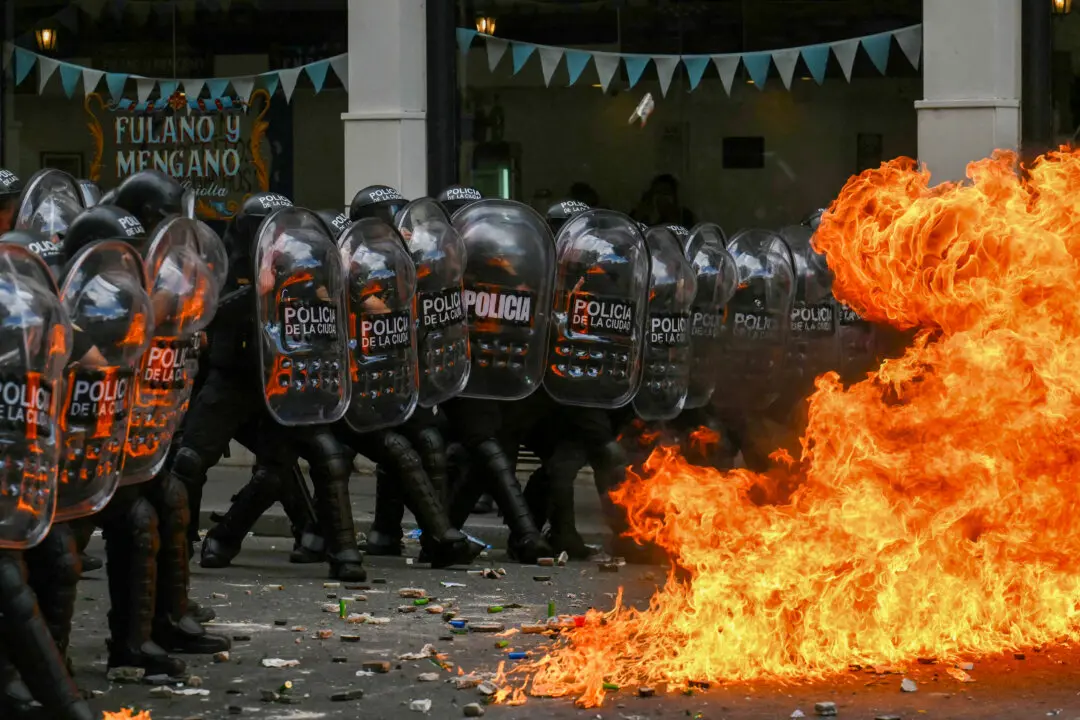In mid-June, the commander of China’s People’s Liberation Army (PLA) garrison in Hong Kong assured a Pentagon official that Chinese troops will not intervene with Hong Kong’s internal affairs. However, a month later, a military drill was held near Hong Kong and it was said to be a preparation for handling the chaos in the city.
The 74th Army Group of the People’s Liberation Army (PLA) revealed on its social media account that several brigades ran a drill in Zhanjiang, a coastal city in Guangdong Province near Hong Kong, mocking an emergency response to riots and terrorist attacks.





